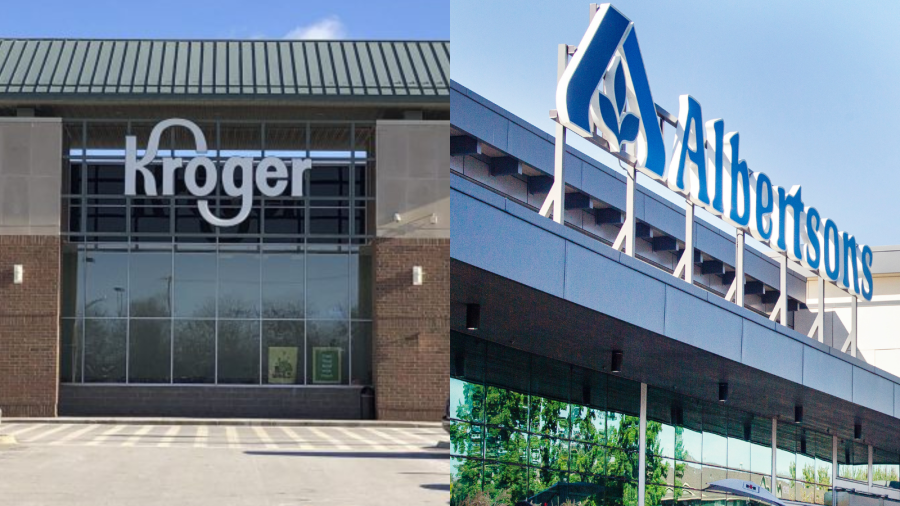California has joined the Federal Trade Commission in a lawsuit that seeks to block the proposed megamerger of grocery store giants Kroger and Albertsons.
Kroger is the parent company of Ralphs, which has all 184 of their stores in California, with 21 in Los Angeles alone.
The FTC believes that the $24.6 billion deal, which would be the largest in U.S. history, would eliminate competition and lead to higher prices for millions of Americans, the Associated Press reported.
Officials are also concerned over anti-trust regulations and the effect that the merger would have on workers’ wages.
California Attorney General Rob Bonta announced that the Golden State would be joining the fight against the proposed merger on Monday along with a bipartisan group of attorneys general from several other states, including Arizona, Illinois, Maryland, Nevada, New Mexico, Oregon and Wyoming as well as Washington, D.C.

“This megamerger is bad for workers, agricultural producers and for California communities,” Bonta said in a release. “In some markets in Southern California, Kroger-Albertsons is expected to be the only one-stop grocery option…we are going to bat for a more just and effective economy, one where companies need to compete for labor and where prices and service matter.”
If it were to go through, the new grocery giant would control about 13 percent of the U.S. grocery market, but that number still falls short of Walmart’s 22% stake. The two companies would have about 5,000 stores across 48 states and would employ nearly 700,000 people.
Albertsons expressed disappointment that the federal government is moving forward with the suit in a statement.
“We are disappointed that the FTC continues to use the same outdated view of the U.S. grocery industry it used 20 years ago,” part of the statement read.
Kroger also released a statement regarding the blocking of the proposed merger:
“The FTC’s decision makes it more likely that America’s consumers will see higher food prices and fewer grocery stores at a time when communities across the country are facing high inflation and food deserts. In fact, this decision only strengthens larger, non-unionized retailers like Walmart, Costco and Amazon by allowing them to further increase their overwhelming and growing dominance of the grocery industry.”
The Biden administration and the United Food and Commercial Workers union – the largest private sector union in the U.S. with 1.3 million members – have also expressed concern about the merger.




















